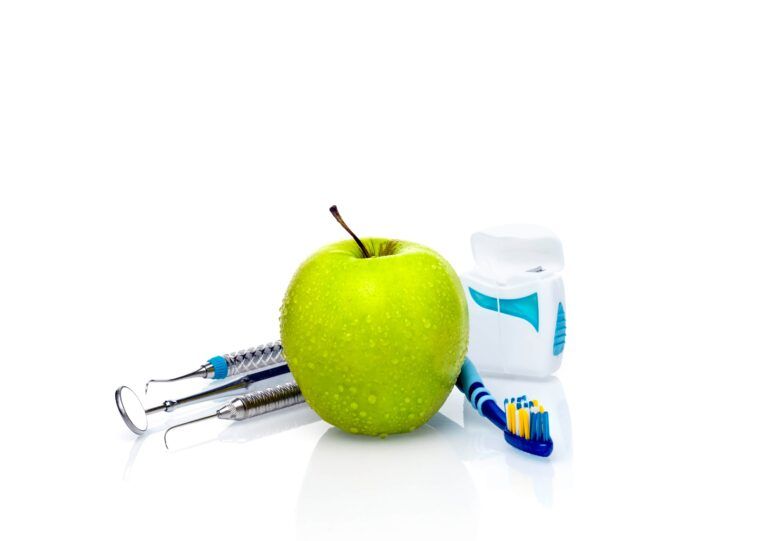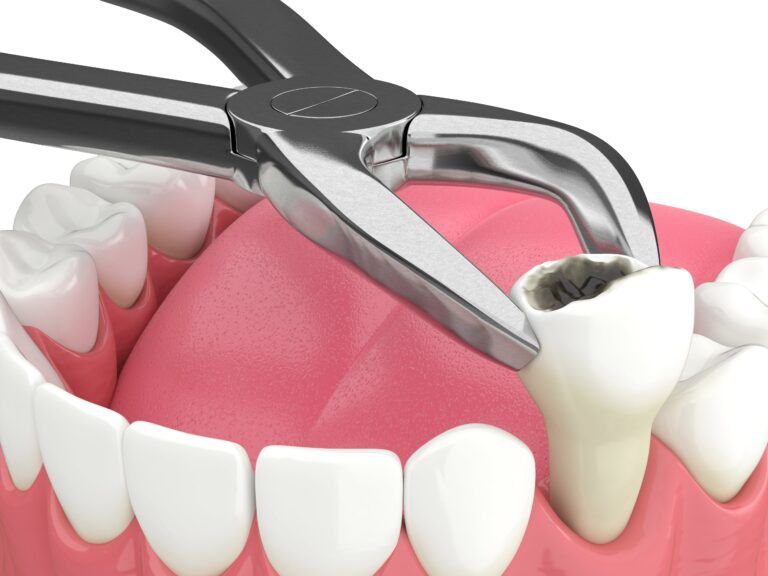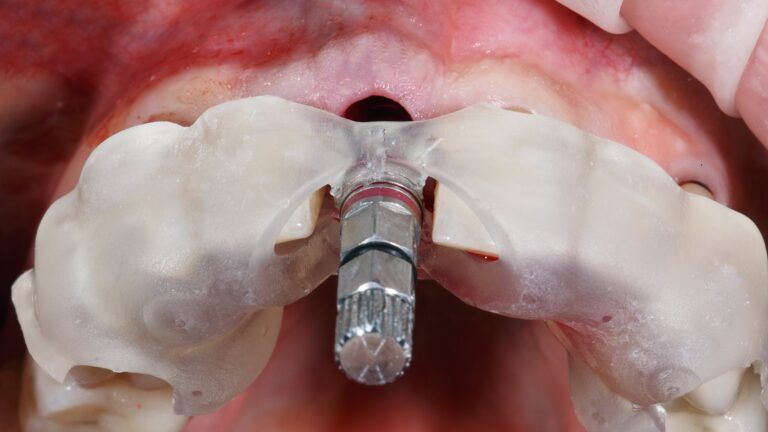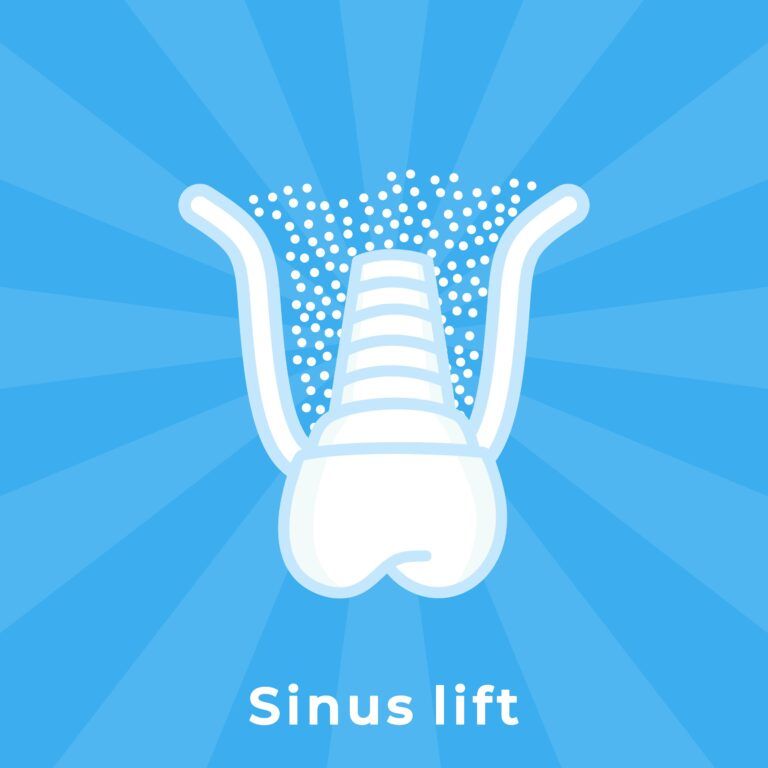Achieving a successful outcome with dental implants involves more than just the surgical procedure itself. The role of nutrition in dental implant success cannot be understated. Nutrition plays a crucial role in promoting optimal healing, ensuring proper osseointegration, and supporting long-term stability of dental implants. By understanding the importance of specific nutrients and incorporating them into their diet, individuals can enhance the success rate of dental implant procedures and pave the way for a healthier and more resilient smile. In this blog post, we will explore the critical role of nutrition in dental implant success and delve into the key nutrients necessary for optimal healing and osseointegration.
Understanding Osseointegration:

Osseointegration is a fundamental process that determines the success and long-term stability of dental implants. It refers to the direct structural and functional connection between the dental implant and the surrounding jawbone.
During the osseointegration process, the implant, typically made of biocompatible materials like titanium, becomes integrated with the surrounding bone tissue. This integration occurs through a series of intricate biological events. Initially, the implant’s surface fosters the attachment and proliferation of specialized bone cells called osteoblasts. These cells gradually form new bone tissue around the implant, effectively anchoring it in place. Osseointegration is crucial for dental implant success as it provides stability, load distribution, longevity, and esthetic integration.
Understanding Nutrition’s Role in Osseointegration:
Nutrition plays a pivotal role in supporting and enhancing the process of osseointegration. Adequate nutrition provides the necessary building blocks for bone formation and tissue healing, promoting optimal integration of dental implants with the surrounding jawbone. Essential nutrients like calcium and phosphorus are vital for maintaining healthy bone density, while vitamin D facilitates calcium absorption and bone remodeling. Protein, a key component in tissue repair, supports the formation of new bone and promotes healing around the implant site. Vitamin C, known for its role in collagen synthesis, aids in the development of strong connective tissues crucial for osseointegration. Additionally, omega-3 fatty acids possess anti-inflammatory properties, reducing inflammation and optimizing healing. By incorporating a balanced diet rich in these key nutrients, individuals can provide their bodies with the necessary resources to support osseointegration, ensuring the long-term success and stability of their dental implants.
Essential Nutrients for Dental Implant Success:
Calcium and Phosphorus:

Calcium and phosphorus are two essential minerals that play a critical role in dental implant success. Calcium is integral to maintaining healthy bone density and strength, providing a sturdy foundation for dental implants. Adequate calcium intake supports the formation of new bone tissue around the implant, promoting osseointegration and ensuring the long-term stability of the implant. Phosphorus, on the other hand, works in conjunction with calcium to optimize bone mineralization. It assists in the absorption and utilization of calcium, further strengthening the jawbone and enhancing the integration of dental implants. By including calcium and phosphorus-rich foods such as dairy products, leafy greens, legumes, and nuts in their diet, individuals can ensure a sufficient supply of these vital minerals, thereby supporting optimal bone health and dental implant success.
Vitamin D:
Vitamin D is a crucial nutrient for dental implant success due to its role in promoting calcium absorption and overall bone health. By facilitating the absorption of calcium from the diet, vitamin D ensures an adequate supply of this mineral, which is essential for the formation and maintenance of healthy bones. Sufficient vitamin D levels help optimize the integration of dental implants with the surrounding jawbone through proper bone remodeling and mineralization. In addition, vitamin D has anti-inflammatory properties that can help reduce inflammation around the implant site, promoting faster and more efficient healing. Sunlight exposure is a natural source of vitamin D, and dietary sources include fatty fish, fortified dairy products, and egg yolks. By maintaining optimal vitamin D levels, individuals can support the success of their dental implants and contribute to long-term stability and oral health.
Protein:
Protein plays a vital role in dental implant success as it is involved in tissue repair and wound healing processes. When undergoing a dental implant procedure, the surrounding soft tissues and bone undergo trauma and require efficient healing. Protein is the building block for new tissue formation, including the bone and connective tissues around the implant site. Adequate protein intake supports the growth and proliferation of cells involved in the healing process, such as osteoblasts and fibroblasts. It also provides the necessary amino acids for collagen synthesis, which is crucial for the development of strong and resilient connective tissues. Including high-quality protein sources in the diet, such as lean meats, fish, poultry, legumes, and dairy products, ensures a sufficient supply of these essential nutrients. By consuming adequate protein, individuals can support the healing and integration of dental implants, promoting successful osseointegration and long-term implant stability.
Vitamin C:

Vitamin C plays a crucial role in dental implant success by promoting efficient healing and tissue integrity. As an essential nutrient, vitamin C is involved in collagen synthesis, a key component of connective tissues that support dental implants. By promoting the production of collagen, vitamin C helps in the formation of strong and resilient gum tissues, which are vital for implant stability and longevity. Additionally, vitamin C acts as an antioxidant, protecting the tissues from oxidative damage and supporting a healthy immune response during the healing process. Including vitamin C-rich foods in the diet, such as citrus fruits, berries, kiwi, and vegetables like bell peppers and broccoli, ensures an adequate supply of this important nutrient. By maintaining optimal levels of vitamin C, individuals can enhance the healing process, reduce the risk of complications, and support the long-term success of dental implants.
Other Important Nutrients and Considerations:
Omega-3 Fatty Acids:
Omega-3 fatty acids offer valuable support for dental implant success due to their anti-inflammatory properties and potential to reduce inflammation around the implant site. Inflammation is a natural response to the implantation process, but excessive or prolonged inflammation can impede the healing and osseointegration of dental implants. Omega-3 fatty acids, found abundantly in fatty fish like salmon and mackerel, as well as in flaxseeds and walnuts, possess anti-inflammatory effects that can help regulate the inflammatory response. By incorporating omega-3 fatty acids into the diet, individuals may experience reduced inflammation, improved tissue healing, and enhanced integration of dental implants with the surrounding bone. Furthermore, these healthy fats contribute to overall oral and systemic health, making them a beneficial addition to a well-rounded nutrition plan for dental implant success.
Hydration:

Hydration is of paramount importance for dental implant success, as it directly impacts the overall health of the oral tissues and supports the healing process. Proper hydration ensures an adequate flow of saliva, which plays a crucial role in maintaining oral health. Saliva helps in the lubrication of the oral tissues, washing away food particles and bacteria, and neutralizing acids that can contribute to tooth decay. In the context of dental implants, sufficient hydration promotes optimal blood flow to the implant site, facilitating the delivery of oxygen and nutrients necessary for healing and osseointegration. Additionally, staying well-hydrated helps prevent dry mouth, a condition that can increase the risk of oral infections and compromise the integrity of the implant. Dental implant patients should aim to meet their recommended daily fluid intake through water, herbal teas, and other non-sugary beverages to support optimal healing, maintain a healthy oral environment, and contribute to the long-term success of their dental implants.
In Conclusion:
Understanding the role of nutrition in dental implant success is paramount for patients seeking optimal healing and long-term stability. By incorporating key nutrients into their diet, such as calcium, phosphorus, vitamin D, protein, vitamin C, and omega-3 fatty acids, individuals can enhance osseointegration and promote successful outcomes for their dental implants. Remember to consult with your dental professional for personalized advice and embark on a nutrient-rich journey towards a healthier smile.

Irfan Atcha, DDS, DICOI, DADIA at New Teeth Chicago Dental in Chicago, Illinois is a board-certified general dentist and a nationally recognized expert in dental implants, cosmetic dentistry, and sedation dentistry. Dr. Atcha is now serving patients in Naples, Bonita Springs and SW FL area with All-on-4 implants, teeth-in-a-day, same day dental implants and the complex zygomatic dental implants for the no-jaw bone solution approach. To schedule a consultation please email Dr. Atcha at teethforyou@gmail.com.





